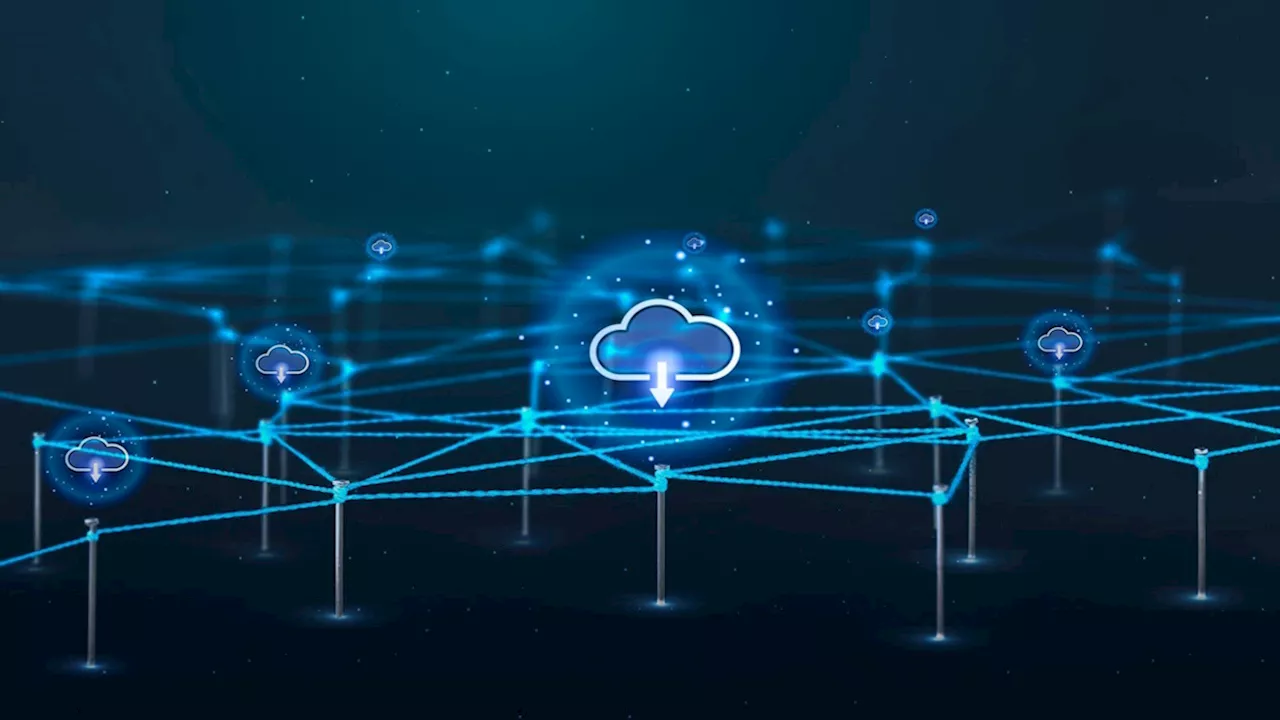This article delves into the pervasive threat of social engineering attacks, highlighting how cybercriminals exploit human vulnerabilities to gain unauthorized access to systems and data. It emphasizes the importance of a human-centric security approach, combining technological solutions with mindfulness practices to mitigate the risks associated with social engineering.
Almost 70% of data breaches involve the human element. Social engineering remains the most prevalent form of cyberattack because humans are generally easier to exploit than machines. Cybercriminals prey on our psychological, personality, or behavioral weaknesses to trick us into granting unauthorized access to systems or divulging financial information.
Social-engineering attacks can manifest through various channels, including emails (phishing), phone calls, SMS messages, social media, chat applications, gaming platforms, and video conferencing. The effectiveness of social engineering stems from its constant evolution. There is no consistent pattern, requiring us to adapt our responses continuously. Relying solely on technology is insufficient due to the inherent human element involved. Furthermore, the rapid advancements in artificial intelligence have significantly altered the digital landscape. The emergence of deepfakes, convincingly realistic images and videos generated artificially, has amplified the potential for misinformation and manipulation.Scammers are adept at exploiting human emotions and cognitive biases to achieve their objectives. They frequently employ impersonation, gaining trust by pretending to be someone familiar or instilling fear, prompting impulsive actions. This tactic is particularly effective because it leads to hasty decisions, such as clicking on a link or sharing sensitive information. Another common strategy involves creating a sense of urgency or using the principle of scarcity to pressure individuals into immediate action. Finally, they may leverage the concept of authority, posing as figures of authority to manipulate compliance. Analyzing data reveals certain personality types and demographics are more susceptible to social-engineering threats. For instance, individuals who are easily distracted and impulsive may be more vulnerable than others. Those experiencing sleep deprivation, stress, and constant multi-tasking may also fall prey to scams more readily than those who are calmer, attentive, and attuned to their internal state. These tactics have profound implications for businesses. The most evident consequence of social engineering attacks is financial loss, data breaches resulting in the theft of sensitive information, privacy violations, and potential business disruptions. The impact of a major security breach can be devastating to a company's reputation, eroding customer trust and potentially leading to legal liabilities.Given these high stakes, what can organizations do to protect themselves from social engineering attacks? Firstly, consider technological solutions, such as email filters that can detect and block phishing attempts before reaching employees. Implementing phishing-resistant Multi-Factor Authentication adds an extra layer of security, making it more difficult for attackers to gain unauthorized access. Companies can also utilize user-behavior analytics to monitor and analyze employee activities, detecting anomalies that might indicate a compromised account. However, technology alone is insufficient. Organizations must invest in comprehensive cybersecurity training, cultivating a human-centric security culture and promoting mindful security practices. Research has shown that the validated benefits of mindfulness can positively impact 23 out of 33 identified factors that make humans vulnerable to social engineering, encompassing cognitive, psychological, behavioral, and situational factors.A mindful approach fosters a deeper level of awareness, encouraging employees to avoid multitasking and pause to observe their internal and external environment before reacting. It also cultivates essential mental attributes such as concentration, resilience, self-regulation, and clarity. To achieve this, a transformative shift in organizational culture is needed, promoting intentional slowing down, with executive support prioritizing employee well-being over immediacy. Integrating mindfulness concepts into training programs, such as emotional phishing awareness training for frequent clickers, and advocating a zero-trust mindset can enhance cybersecurity campaigns and awareness efforts
Social Engineering Cybersecurity Phishing Deepfakes Mindfulness User Behavior Analytics Multi-Factor Authentication Zero Trust
South Africa Latest News, South Africa Headlines
Similar News:You can also read news stories similar to this one that we have collected from other news sources.
 The Importance of Trust in Life Insurance: Protecting Yourself from Fraud and Claim IssuesThis article explores the critical role of trust in the life insurance industry, highlighting the need for transparency and understanding of policy terms and conditions. It delves into common claim issues, emphasizing the importance of accurate information disclosure and the consequences of fraud.
The Importance of Trust in Life Insurance: Protecting Yourself from Fraud and Claim IssuesThis article explores the critical role of trust in the life insurance industry, highlighting the need for transparency and understanding of policy terms and conditions. It delves into common claim issues, emphasizing the importance of accurate information disclosure and the consequences of fraud.
Read more »
Protecting Intellectual Property: Crucial for Gen Z and Millennial Content CreatorsRobyn Shepherd, a social media lawyer, stresses the importance of intellectual property (IP) protection for young content creators in South Africa, highlighting its role in ensuring long-term success.
Read more »
 Cloud Security: A Guide to Protecting Your DataThis press release provides key strategies for securing your data in the cloud, addressing common vulnerabilities and outlining best practices for protecting your valuable digital assets.
Cloud Security: A Guide to Protecting Your DataThis press release provides key strategies for securing your data in the cloud, addressing common vulnerabilities and outlining best practices for protecting your valuable digital assets.
Read more »
 Seeking a Tech-Savvy DBA for a Leading International OrganizationA dynamic and well-organized international organization is searching for a skilled DBA to contribute to their technical operations and continuous improvement. This role involves overseeing databases, designing and implementing CI/CD pipelines, leveraging APIs, managing Google Workspace, and supporting SaaS platform administration. The ideal candidate will possess 5+ years of experience, proficiency in containerization technologies, knowledge of cloud architecture (Google preferred), and a willingness to learn and adapt.
Seeking a Tech-Savvy DBA for a Leading International OrganizationA dynamic and well-organized international organization is searching for a skilled DBA to contribute to their technical operations and continuous improvement. This role involves overseeing databases, designing and implementing CI/CD pipelines, leveraging APIs, managing Google Workspace, and supporting SaaS platform administration. The ideal candidate will possess 5+ years of experience, proficiency in containerization technologies, knowledge of cloud architecture (Google preferred), and a willingness to learn and adapt.
Read more »
 DevOps Engineer - International OrganizationAn international organization seeks a DevOps Engineer to contribute to technical operations, continuous improvement, and data management. Responsibilities include overseeing databases, CI/CD pipelines, Google Workspace, SaaS platform administration, and website management. Candidates should have 5+ years of DBA experience, proficiency in containerization technologies, cloud architecture knowledge (Google preferred), and a willingness to learn new technologies.
DevOps Engineer - International OrganizationAn international organization seeks a DevOps Engineer to contribute to technical operations, continuous improvement, and data management. Responsibilities include overseeing databases, CI/CD pipelines, Google Workspace, SaaS platform administration, and website management. Candidates should have 5+ years of DBA experience, proficiency in containerization technologies, cloud architecture knowledge (Google preferred), and a willingness to learn new technologies.
Read more »
 Stay Safe During Holiday Shopping: Tips for Protecting Yourself, Your Belongings, and Your ChildrenWith the holiday season comes the excitement of shopping for gifts and festive treats. Crowded malls and shopping centers, however, can also attract criminals looking for easy targets. This article provides essential safety tips to keep you, your belongings, and your children safe during your holiday shopping adventures.
Stay Safe During Holiday Shopping: Tips for Protecting Yourself, Your Belongings, and Your ChildrenWith the holiday season comes the excitement of shopping for gifts and festive treats. Crowded malls and shopping centers, however, can also attract criminals looking for easy targets. This article provides essential safety tips to keep you, your belongings, and your children safe during your holiday shopping adventures.
Read more »
